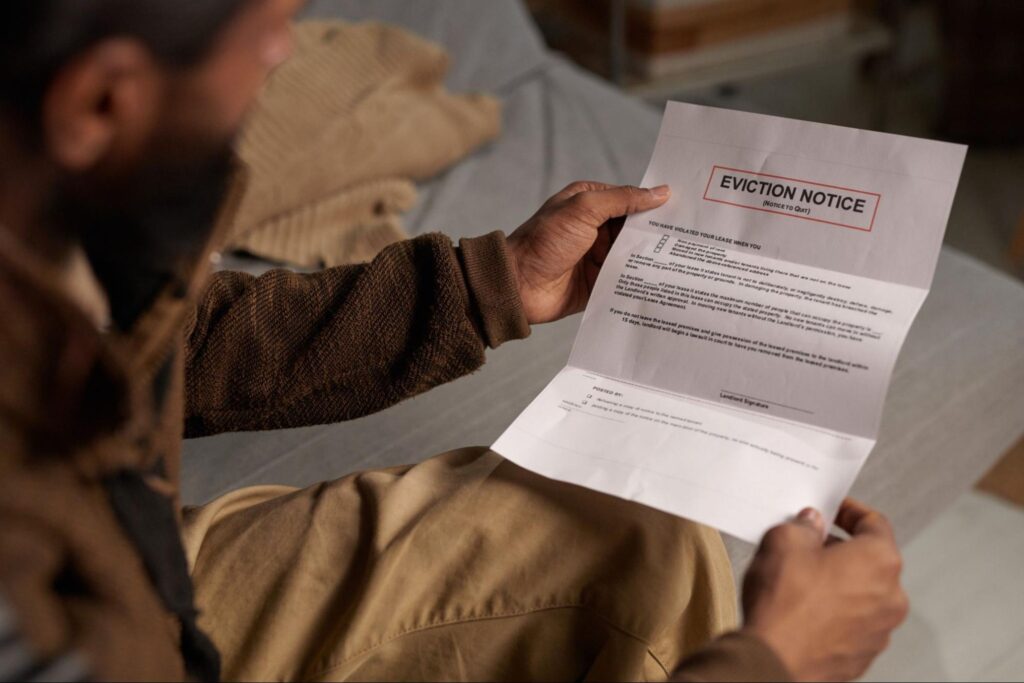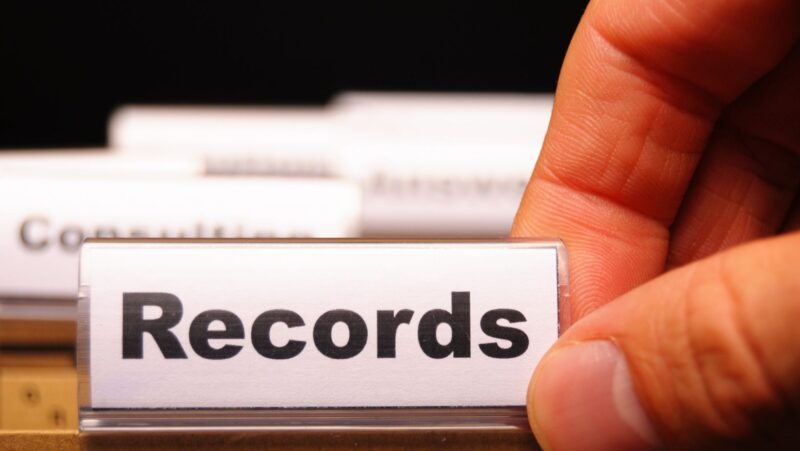
Evictions are a process where landlords try to remove a tenant through a court of law. If you find yourself going through the eviction process, you might be wondering – if eviction is paid off, what happens? The short answer is that you may be able to stay in the home that you’re in, but the long answer tends to be more complicated than that.
The good news is that we’re here to help. Read on to learn more about what happens if an eviction is paid off.
What Is an Eviction?
Evictions happen when landlords want to remove tenants from their homes. This happens when someone doesn’t pay their rent or breaks a policy that the landlord has clearly created. While landlords can claim that they’re evicting you with a notice on your door or a formal email/letter, it’s important to note that it needs to go through the courts in order to be legitimate.
Some landlords may try to get around this, which is why it’s important to know that little detail.
Is an Eviction Considered Public Record?
Yes, an eviction is a public record. If you have an eviction on your record, even if it’s paid, someone can see it. In fact, landlords will look for prior evictions before allowing someone to rent with them as part of the background check process. What’s more, people can see most of the details of an eviction, including when it happened, the outcome of the case, and how much money is owed.
If Eviction Is Paid Off What Happens to the Records?
If any eviction is paid off, it will still show up in your records. This is because most financial records last for around seven to ten years, even if you pay the bill. That said, after seven to ten years, landlords may be able to see the record, but they won’t be able to use it against you, thanks to the Fair Credit Report Act (FCRA).
For this reason, it’s a good idea to check your records before applying for housing to see what landlords can find in the event of a background check.
How to Find Eviction Records
Eviction records will likely remain public for another seven to ten years after you pay. Then, while paying before being evicted is great and shows you’ve taken responsibility, it’s good to know if it will show up on a background check and impact you negatively. Learn about how you can find eviction records below.

Publicrecord.com
The best way to find eviction records is to use a tool like publicrecord.com. There’s a public record search tool available that allows you to enter someone’s name, city, and state to find their public records. This includes eviction details, along with other financial and court records. In fact, you can even find criminal records or something as simple as a social media account.
What makes publicrecord.com the best option for finding evictions is the accuracy of the tool. It combs through millions of records in a matter of minutes to compile an accurate and complete full report.
Check Local Courts
Courts are one of the best ways to find eviction records. You can check to see if the courthouse has a website first, and if they do, you can enter information about the person or the case to find details about the eviction. While this method is effective, we recommend starting with a public records search tool to help you find the right court. This way, you don’t lose time during the initial search process.
Tenant Screening Services
There are tenant screening services you can leverage to see if someone has an eviction on their record. This works best for landlords who want to run a bunch of screenings on multiple tenants, so it’s not always the best option for individuals who want to check their records. You can also run a standard background check that includes financial records for more assistance.
Find Eviction Records Today!
Eviction records are important to find, especially if you plan on moving to a new rental or letting someone rent a unit in your building.

While paying off eviction records looks better than letting the debt default, it’s important to note that it will still show up on your record.
The good news is that finding eviction records has never been easier with tools like publicrecord.com and online court databases.












